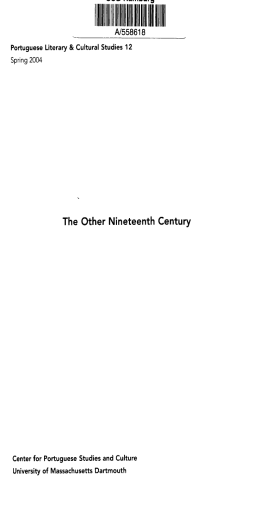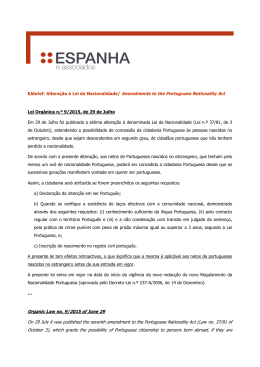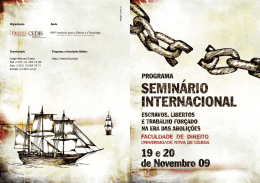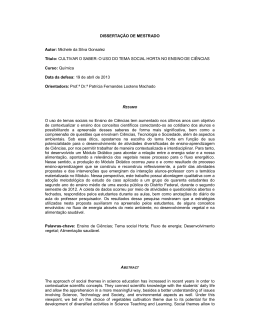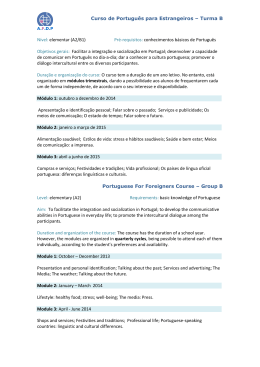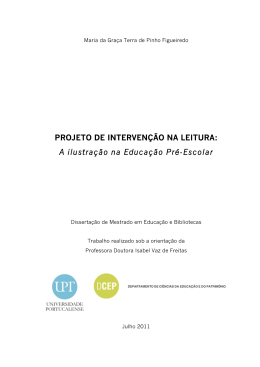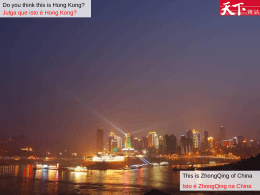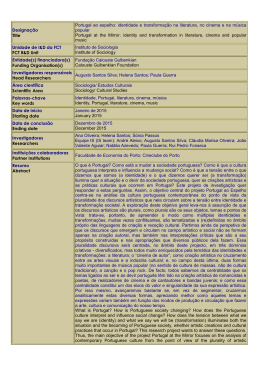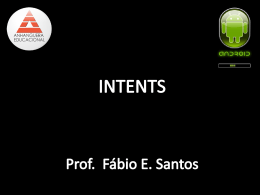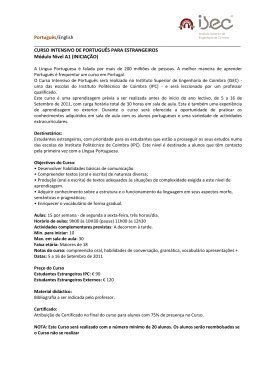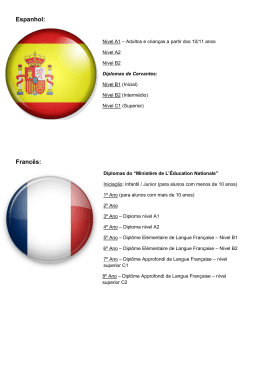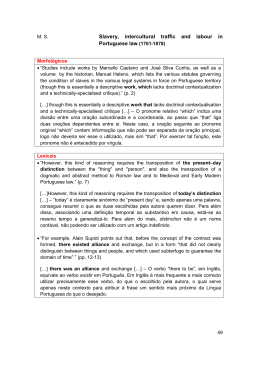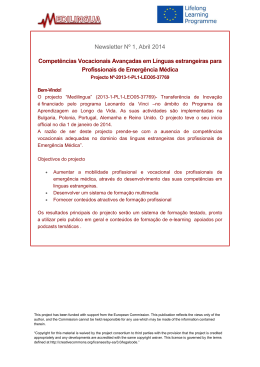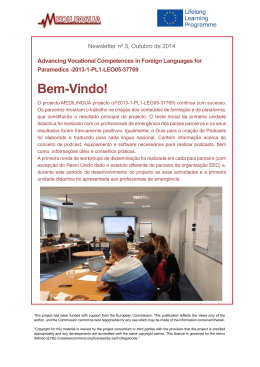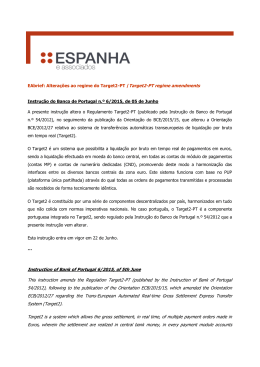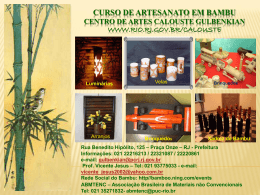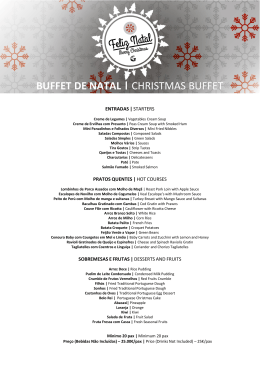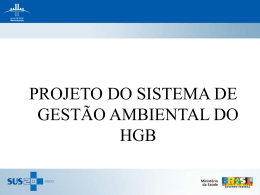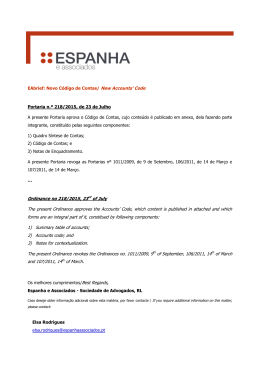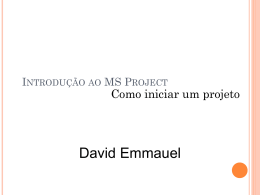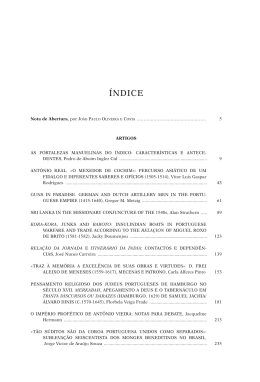GEOGRAFIA CULTURAL DO SÉCULO XX PORTUGUÊS Carla Ribeiro, Sérgio Veludo, Maria de Fátima Lambert Escola Superior de Educação do Instituto Politécnico do Porto, Porto, [email protected] Novos paradigmas de Investigação e Inovação Resumo Em 1982, oito anos após a revolução de Abril, a Fundação Calouste Gulbenkian organizou a exposição “Os Anos 40 na Arte Portuguesa”, sustentada em dois pressupostos: o de que “as gerações não se improvisam e de algum modo devem-se umas às outras” e a noção da “dificuldade que o português sente em se conhecer culturalmente numa continuidade experimentada e si por entendida” (Azevedo, 1982: 9). Este é igualmente o objetivo deste projeto: o de aduzir um possível programa de leitura da cultura portuguesa do século XX, partindo de campos disciplinares distintos, que possibilitam análises setoriais da criação artística e cultural contemporânea, a partir de uma perspetiva histórica e crítica, enquadrando política e socialmente os grandes períodos deste século. O projeto centra-se em particular no binómio Arte e Poder, um relacionamento tradicional e substantivamente complexo, uma vez que, inevitavelmente, a Arte é parte e manifestação de um contexto político – mas também social e económico – que a produz e que reflete. Neste sentido, a Arte é claramente ambivalente, capaz de propulsionar a mudança ou de colaborar na manutenção do status quo. Desta forma, e para se entender esta visão transversal das mudanças do último século em Portugal, o projecto sustenta-se num conjunto de conferências, organizadas pelos grandes períodos históricos do século XX nacional, reunindo investigadores, artistas, sociedade civil e poder político. Será uma reflexão sobre o estado atual do projeto, as conferências já realizadas e as em falta o que esta comunicação procurará apresentar, destacando objetivos e preocupações futuras. Abstract In 1982, eight years after the April revolution, the Calouste Gulbenkian Foundation organized the exhibition "The Forties in Portuguese Art", sustained on two assumptions: that "generations are not improvised and somehow are due each other "and the notion of the "difficulty that Portuguese feel towards understanding themselves culturally, in an experienced and perceived continuity"(Azevedo, 1982: 9). This is also the purpose of this project: to provide a possible reading program for Portuguese culture of the twentieth century, from from different academic fields, which enable sectoral analysis of contemporary artistic and cultural creation, with a historical and critical perspective, framing politically and socially the main periods of this century. The project focuses in particular on the binomial Art and Power, traditionally and substantively a complex relationship, since inevitably Arts is part and expression of a political context - but also social and economic - that produces and reflects. In this sense, Art is clearly ambivalent, able to promote change or to collaborate in the maintenance of the status quo. Thus, and to understand this transversal view of the changes in the Portuguese last century, the project supports a series of conferences, accordingly with the main Portuguese historical periods of the twentieth century, bringing together researchers, artists, civil society and political power. Therefore, it will be presented in this communication a reflection on the current state of the project, of the conferences already held and the ones at fault missing, highlighting future purposes and concerns.
Download
